This beloved bestseller—over 180,000 copies sold—has helped caregivers worldwide keep themselves emotionally, psychologically, spiritually, and physically healthy in the face of the sometimes overwhelming traumas they confront every day.
A longtime trauma worker, Laura van Dernoot Lipsky offers a deep and empathetic survey of the often-unrecognized toll taken on those working to make the world a better place. We may feel tired, cynical, or numb or like we can never do enough. These, and other symptoms, affect us individually and collectively, sapping the energy and effectiveness we so desperately need if we are to benefit humankind, other living things, and the planet itself.
In Trauma Stewardship, we are called to meet these challenges in an intentional way. Lipsky offers a variety of simple and profound practices, drawn from modern psychology and a range of spiritual traditions, that enable us to look carefully at our reactions and motivations and discover new sources of energy and renewal. She includes interviews with successful trauma stewards from different walks of life and even uses New Yorker cartoons to illustrate her points.
“We can do meaningful work in a way that works for us and for those we serve,” Lipsky writes. “Taking care of ourselves while taking care of others allows us to contribute to our societies with such impact that we will leave a legacy informed by our deepest wisdom and greatest gifts instead of burdened by our struggles and despair.”

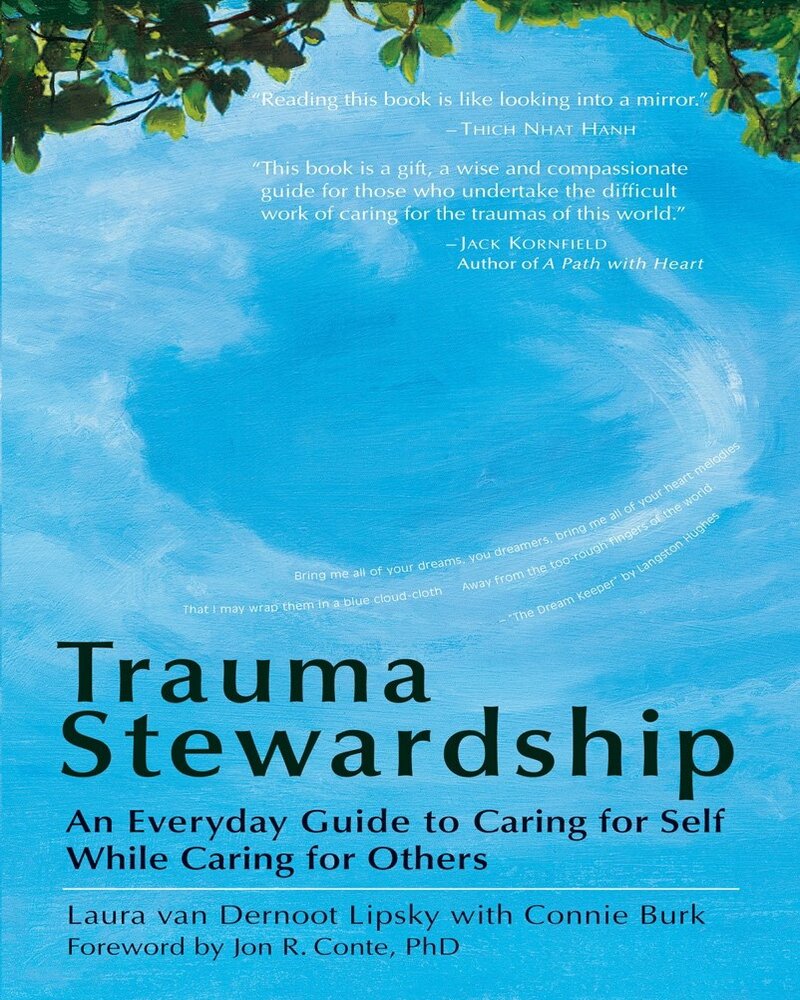
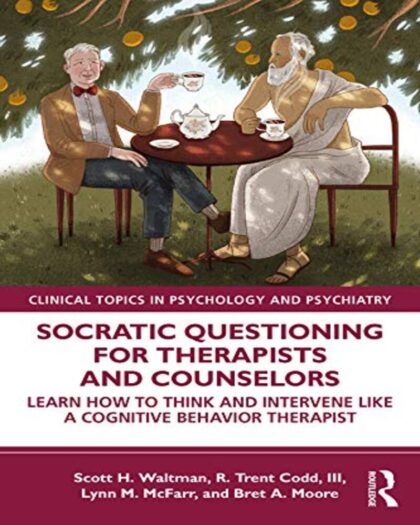
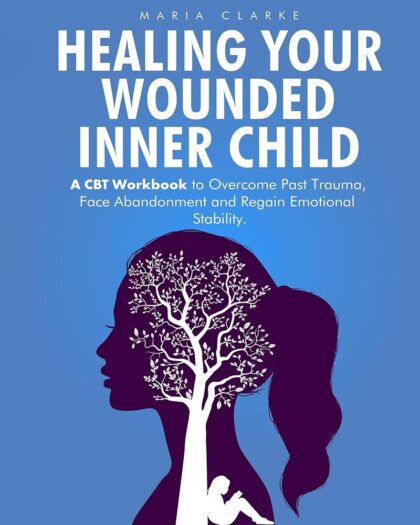
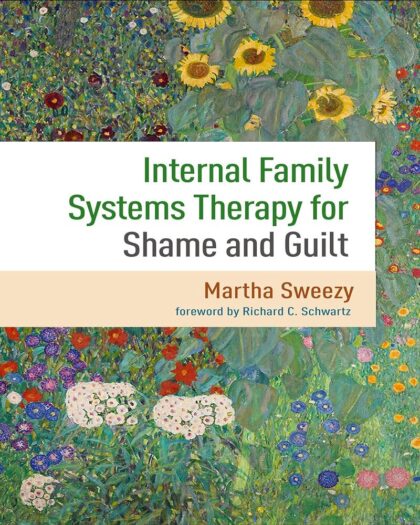
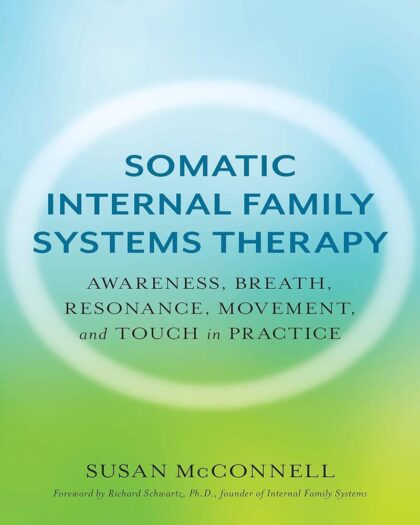
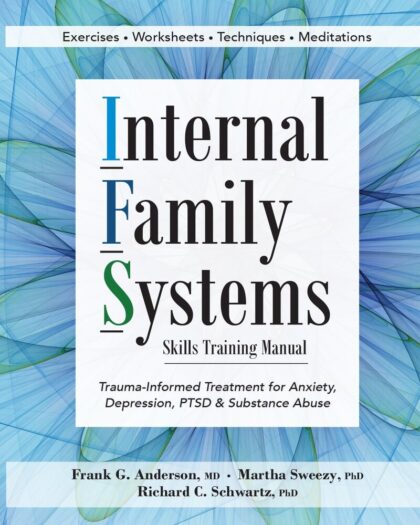
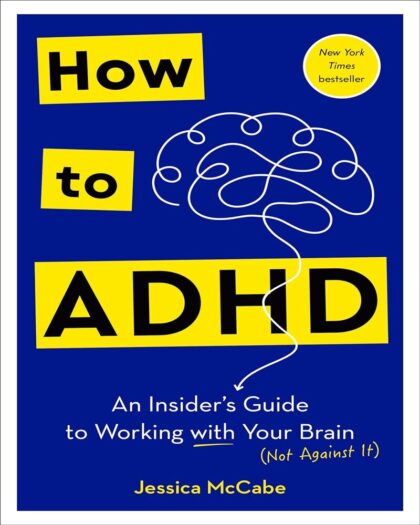
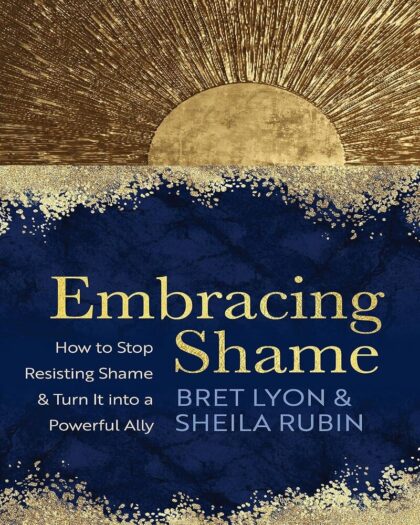
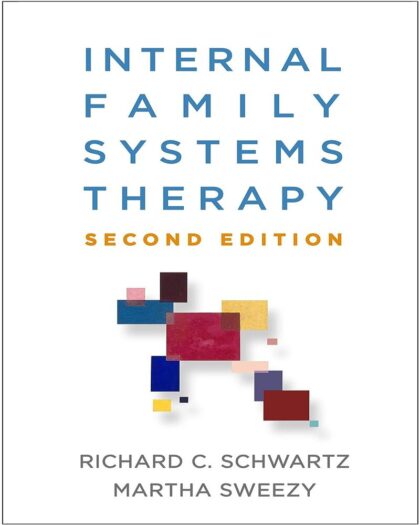
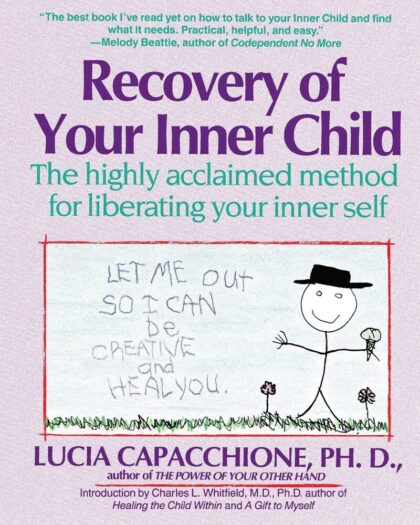
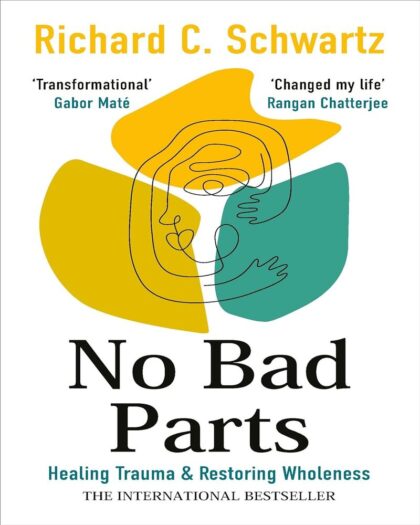
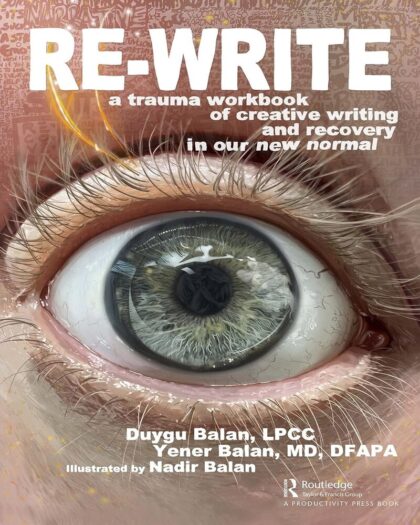
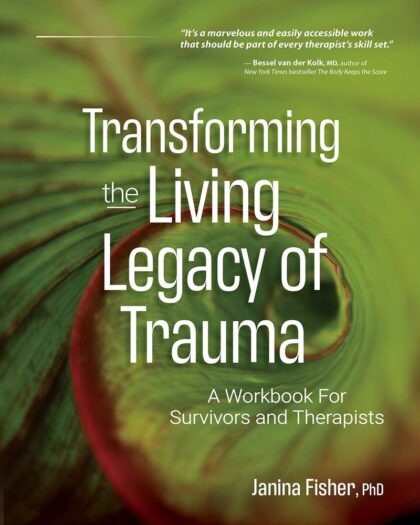
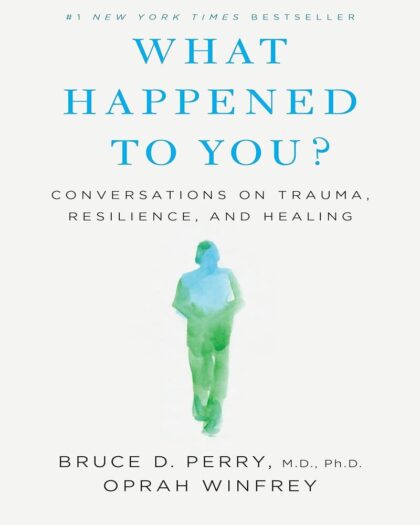
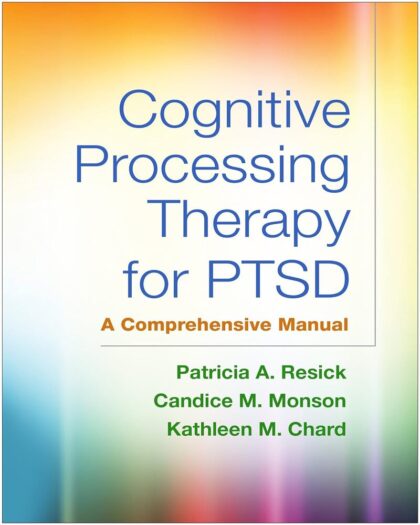
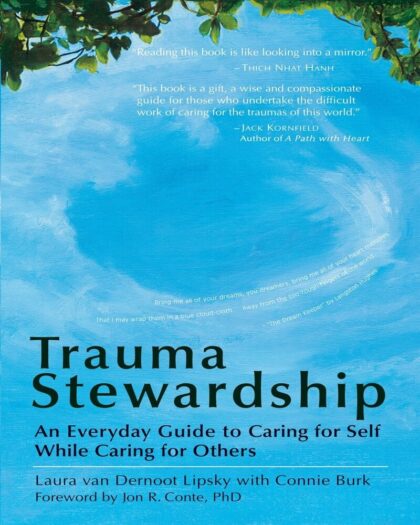
The author's approach to trauma stewardship is systemic and encompasses a variety of domains and ecologies. As a clinical supervisor, I am able to use this material to help my staff recognize and manage their trauma exposure response. We are all using this knowledge to help our clients' caregivers and the external systems that work with our clients recognize and manage their exposure to our clients' trauma. The result of our increased awareness has had a direct and significantly positive effect on our work.
Reading this book was a privilege and a gift. It is original, profound, and eye-opening!